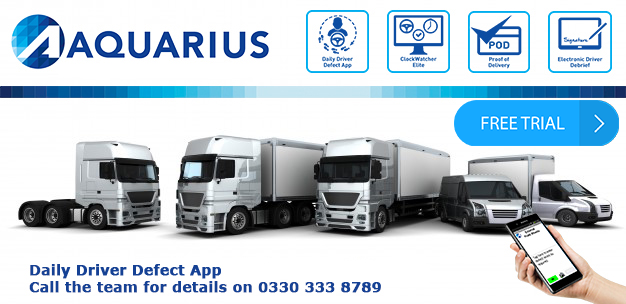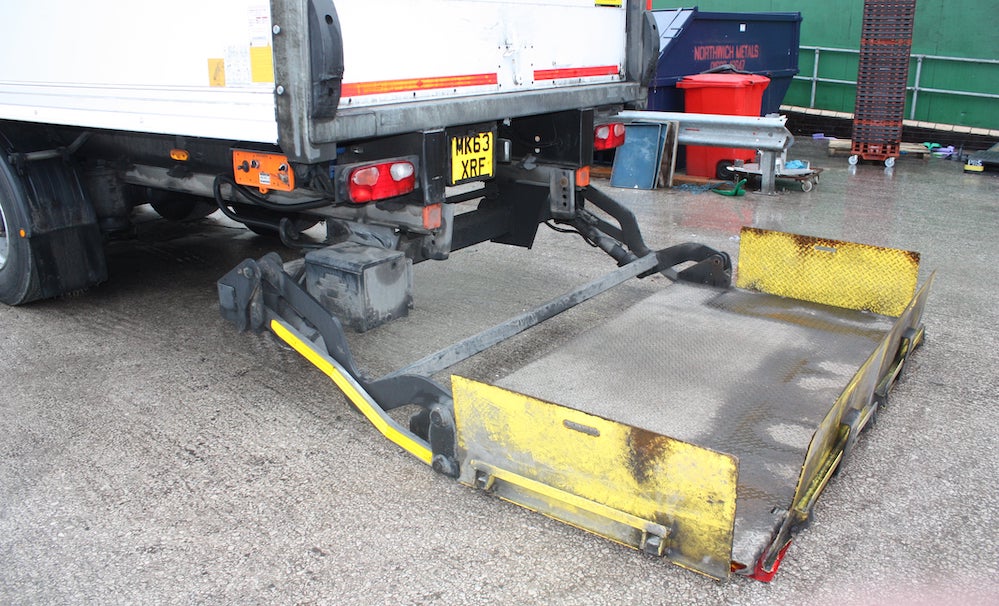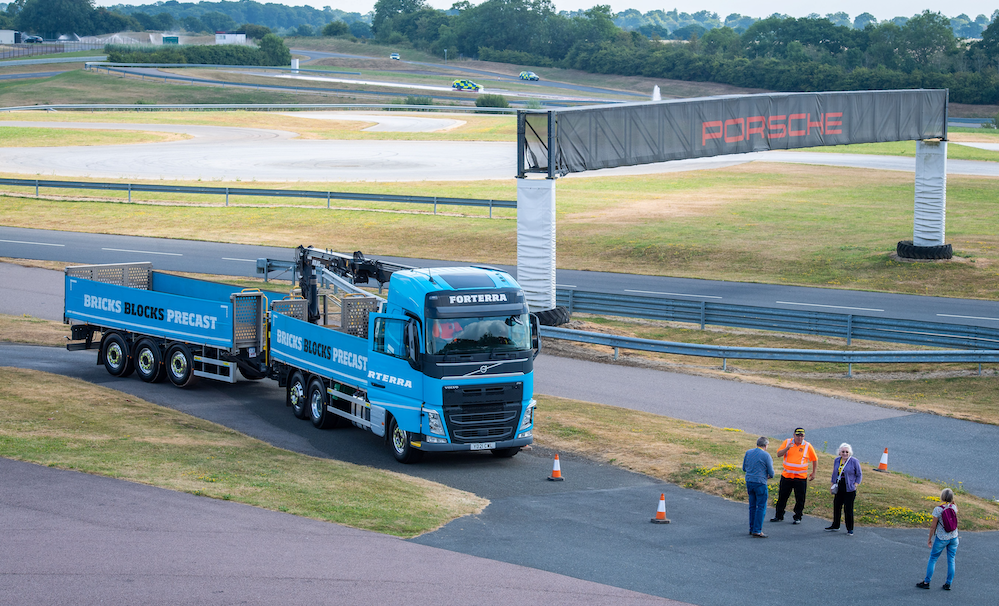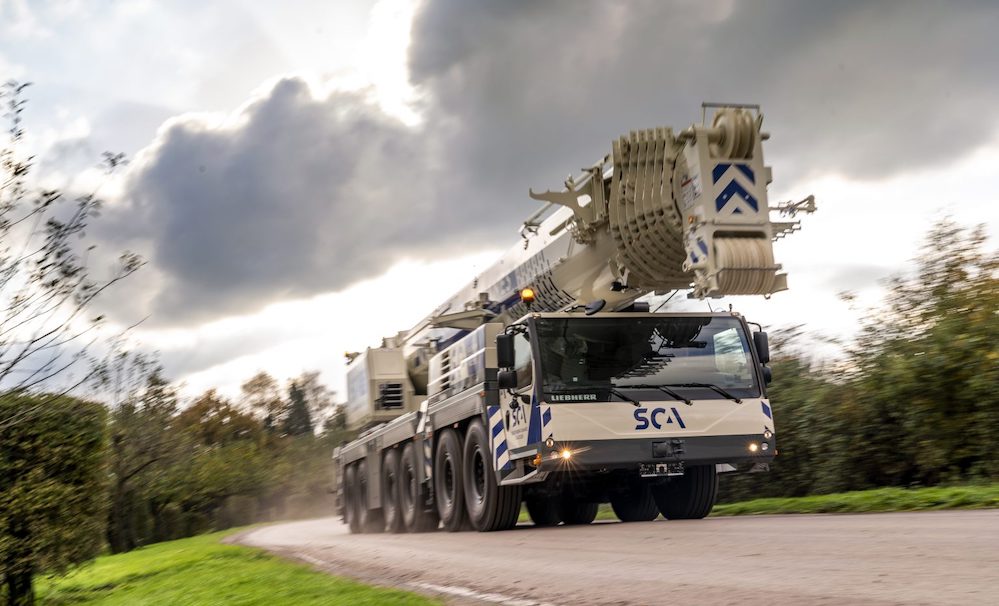Health and safety at the workplace is of utmost importance for any employer, but in certain industries, such as the haulage industry, there is a greater risk of injury. The haulage industry is prone to several hazards that may occur including falling loads, improper use of equipment, and slips and trips. Some of these issues are regulated by the UK government under the Lifting Operations and Lifting Equipment Regulations (LOLER)
In this article P. Airey Tail Lifts, a specialist in tail lift repairs and servicing, explains what LOLER is and how it impacts the haulage industry.
What is LOLER?
The Lifting Operations and Lifting Equipment Regulations 1998 are a series of regulations that were introduced into the Health and Safety at Work Act. The regulations were introduced by the government to reduce the risk of injury at workplaces where the use of lifting equipment is required. For example, using a fork lift truck to transport heavy goods from place to place. LOLER covers a wide range of equipment including cranes, ropes and hooks as well as any attachments used to anchor, fix or support the equipment.
The regulations define certain responsibilities that must be met by the employer and their employees. The equipment must be strong and stable, safe working loads should be clearly indicated, and it must pass regular examination. It also makes clear that only competent people should use the equipment to ensure is it being used in a safe and organised manner.
LOLER inspections are a legal requirement that determine if a business is complying with the regulations to the standards required. This is a thorough inspection which looks at the current working condition of the lifting equipment and how it is being operated. Each lifting equipment should face an inspection from a competent person every six months at minimum, although certain equipment may be inspected every 12 months. Failure to achieve regular LOLER inspections or falling foul of the regulations can lead to serious consequences. The regulations are in place to ensure the health and safety of employees and the general public. Should an incident occur where a person is injured, fines can be handed out and in severe cases there can even be imprisonment.
How LOLER Impacts the Haulage Industry
With the complexity of transporting large quantity of heavy goods, the haulage industry is a key sector that’s affected by these regulations. In order to load, unload and storage goods, hauliers are required to use lifting equipment. This may include fork lifts, cranes and haul trucks. Falling foul of the regulations in this instance can be extremely dangerous. For instance, an untrained employee operating a fork lift incorrectly increases the chances of a workplace accident.
The consequences of LOLER can be extremely damaging, but regular inspections and adequate procedures in place can help you comply with the regulations. If you are a business within the haulage industry, it’s important to make sure that any lifting equipment you use is in good condition and receives regular inspection. You should also make sure that only trained employees use the equipment and that lifting operations are planned and supervised. These simple steps can help your business continue to operate without fear of preventable accidents, keeping the workplace safe for all and avoiding any damage to your finances or reputation.








